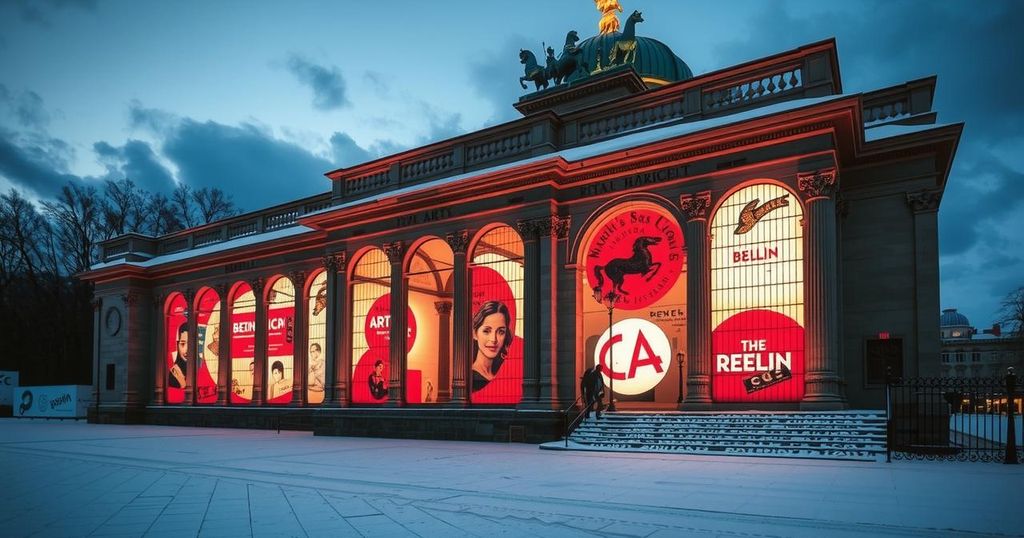The proposal to significantly reduce Berlin’s cultural budget by €130 million has stirred widespread discontent among the city’s art community. Approximately 450 cultural institutions, including theatres, opera houses, and galleries, have united under the banner BerlinIstKultur to protest the proposed cuts, which amount to roughly 12-13% of their current annual funding. Leading figures warn that these reductions could lead to the collapse of key cultural facilities and a significant decline in the city’s rich artistic heritage. Protesters have planned a demonstration at city hall, reflecting the urgency and seriousness of these concerns.
Prominent cultural leaders, including Thomas Ostermeier from the Schaubühne, have issued dire warnings that the cuts could result in irreversible damage to the cultural infrastructure, potentially leading to theatre insolvency and significant job losses. The Schaubühne, which has been integral to the international theatre scene, faces closure of its smaller, experimental stage as a direct result of the budget cuts.
The implications of these cuts extend beyond the arts; Ostermeier highlights the economic dimensions of cultural vitality, stating that reduced funding could deter tourism and business investment in Berlin. Oliver Reese, of the Berliner Ensemble, has already begun cancelling productions, indicating a lasting decline in the volume of new artistic work. Similarly, Grips theatre faces drastic reductions in its funding, jeopardizing its operations for the coming years.
Cultural advocates, including authors and artists, emphasize the importance of state funding for theatre as a cornerstone of democracy and creativity within Germany. They assert that the cultural sector’s health is vital for public engagement and societal cohesion, especially in the context of rising far-right sentiments that threaten artistic diversity.
Joe Chialo, Berlin’s culture senator, acknowledges the severity of the proposed cuts but vows to mitigate their impact. However, experts warn that these decisions might set a precedent for similar cultural funding reductions nationwide, raising alarms about the future of subsidized arts in Germany and their role in promoting a holistic democratic society.
The proposed slashing of Berlin’s cultural budget has prompted an outcry from the city’s artistic community, highlighting the potential risks to cultural institutions and the economy. With plans already in motion to cancel productions and reduce funding across numerous theatres, many leaders express fear for the future vibrancy of Berlin’s arts scene. Advocates argue that maintaining a robust cultural funding framework is essential for both artistic innovation and democratic integrity, particularly as cultural values are increasingly tested amidst political shifts.




